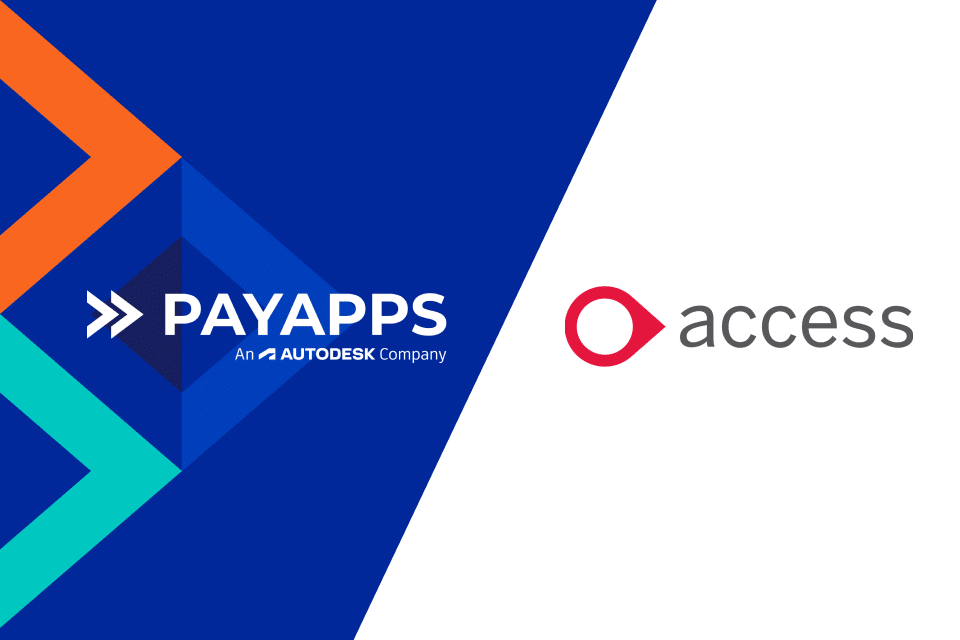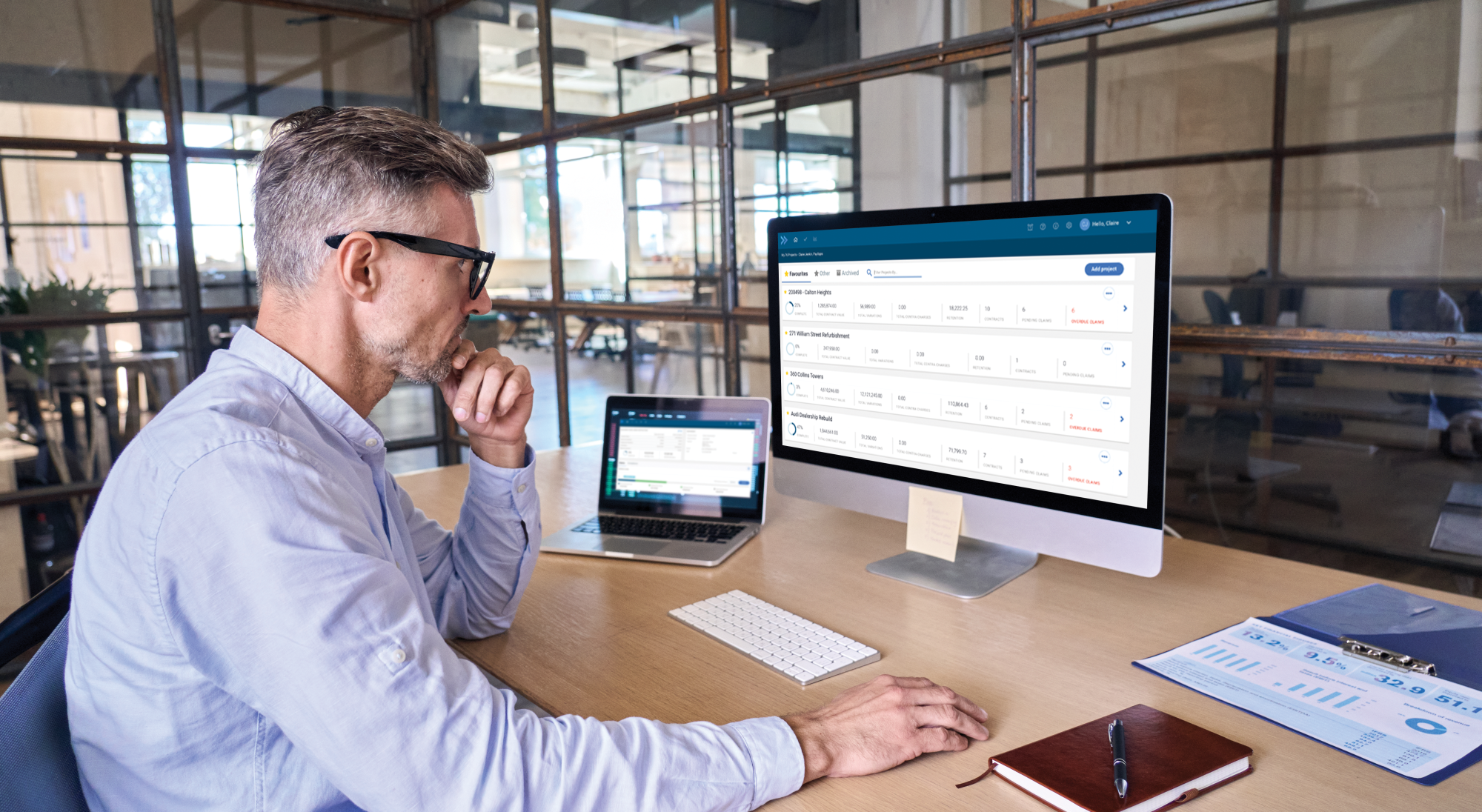From 1st March 2021, construction businesses in the UK have been included in the VAT Reverse Charge scheme, this bringing a big shift in how VAT is managed.
Any VAT-registered business in the Construction industry should now be operating under the new rules, which is in effect an extension of the Construction Industry Scheme (CIS). For those who are not clear on what the VAT Reverse Charge is, or how it affects them, we have provided a brief summary of the main points.
Note: For contractors in Ireland that are self-employed in the construction industry, either as a principal contractor or a subcontractor (or both) – when a subcontractor is hired by a principal contractor to carry out construction operations, Relevant Contracts Tax (RCT) applies. Under RCT, the person receiving the goods or services (the principal contractor) calculates VAT and pays it directly to Revenue. The principal contractor accounts for VAT as if they had supplied the service.
What is VAT Reverse Charge and why has it been introduced?
The VAT Reverse Charge Scheme is a change to how VAT is handled on transactions reported under the CIS between two VAT registered companies. The new rules state that when a VAT registered business provides construction services to another VAT registered business, they will not add the VAT charge to the invoice, but instead will specify that the service is subject to the domestic reverse charge.
The recipient, however, although they will not pay VAT to their supplier, must detail the VAT due on their VAT return and pay any VAT due directly to HMRC themselves (it is considered as an input tax for them as if they’ve supplied themselves). HMRC says they are introducing the new rules to help combat fraud in the construction industry, clamping down on companies who charge the VAT to their contractor but then fail to pay their VAT bill, essentially giving themselves a 5% or 20% bonus.

When does the VAT Reverse charge scheme apply?
There are certain conditions that must apply before the VAT Reverse Charge scheme applies. As mentioned above, it will only apply on transactions between two VAT-registered businesses who are supplying or receiving services reported under CIS, and when all of the following are met:
- The supply for VAT consists of construction services and materials
- Standard or reduced rate of VAT applies
- The customer intends to make an ongoing supply of services to another party
- The two parties are not connected
- The supplier is not an employment business
- The customer is not an ‘end-user’
The Reverse Charge will not apply to:
- Supplies of VAT exempt building and construction services
- Supplies not covered by the CIS, unless linked to such a supply
- Supplies of staff or workers
- Supplies of materials only
- Services supplied to the end user
HMRC includes a full list of the services which qualify for the VAT Reverse Charge, and those that don’t, on the HMRC website.
The responsibility for deciding whether the reverse charge scheme applies lays with the businesses involved. It is hoped that this way the process can run as smoothly as possible and be applied in the most practical way.
What actions should businesses take in relation to VAT Reverse Charge?
If the Reverse Charge scheme applies to you, you should have ensured your invoicing and accounting systems were following the new legislation from 1st March 2021. For those businesses who are not yet included but maybe in the future (i.e. not yet VAT-registered but likely to be going forward), or those who for whatever reason have not been able to get up to speed yet, here are some practical steps you will need to take:
- Determine which jobs for VAT-registered companies will come under the VAT Reverse Charge
- Consider gaining written confirmation from customers of their VAT / CIS status and whether or not they are end clients
- Update your accounting procedures to ensure they comply with the new requirements and ensure staff are fully trained in the new requirements
- Consider the potential loss of cash flow from not receiving the VAT payments and review your payment terms
- Consider moving to monthly VAT returns
- Check your current accounting status (are you on the Cash Accounting Scheme or flat-rate scheme) and ensure it is still appropriate for your business
Any invoices issued for services that qualify for the VAT Reverse Charge must still include all the information normally required but need to clearly show that the reverse charge applies, for example, include the wording “Reverse charge: VAT Act 1994 Section 55A Applies”.
For those services which are not covered by the VAT Reverse Charge, VAT should continue to be charged as normal and declared within the companies VAT return as is the usual practice.
What’s the industry perception of the VAT changes in construction and how does Payapps help?
We asked four Payapps customers to share their experiences of how VAT Reverse Charge has impacted their business.
Bob Davies, Commercial Director at Price Building Services said, “Implementing changes in legislation is always challenging, and the Reverse Charge VAT arrangements were no different. Price Building Services had already made provision for any impact these changes could have on our cash flow, and the Payapps software managed all processes and documentation with our supply chain downstream, which made the transition a straightforward one.”
This was a viewpoint echoed by Carl Wiltshire, Framework & PreConstruction Development Manager at GF Tomlinson – “We recognised the early implications that VAT Reverse Charge may have on our supply chain partners. Through Payapps, collaboration and clear scheduling of payment dates helped assist our supply chain to manage their cash flow.”
Speaking from a subcontractor perspective, Kerry Avenell, Finance Director at Adexi, said, “VAT Reverse Charge hasn’t affected our business too much, other than the initial administration burden, as not all of our turnover is subject to the reverse charge. Some of the contracting works we carry out are zero-rated so we were used to not being paid VAT on this installation work. We also provide maintenance services which fall outside of the scope and are charged at the standard rate. However, we have received feedback from our subcontractors that it has had an adverse effect on their cash flow as all of their work falls within the scope of CIS and they still have to pay VAT on the materials they procure.”
George Coker, Contracts Manager at Morgan Cass, concluded by saying, “Payapps incorporating Reverse VAT as an option has benefited Morgan Cass a great deal. Some of our current construction schemes use Reverse Charge VAT and having the ability to calculate this within the Payapps system saves time and effort in-house.”
To find out more about how Payapps can better help you manage your supply chain payment processes, book a demo today.





